Fast fashion – clothing made cheaply and designed to be disposable – is the second biggest cause of environmental pollution in the world. With such devastating effects on people and the planet, it's no wonder than more and more of us are trying to make ethical choices with our wardrobes. Eco-fashion can seem expensive and overwhelming at first, but it doesn't have to be. Here are nine ways to forget fast fashion and shop sustainable instead.
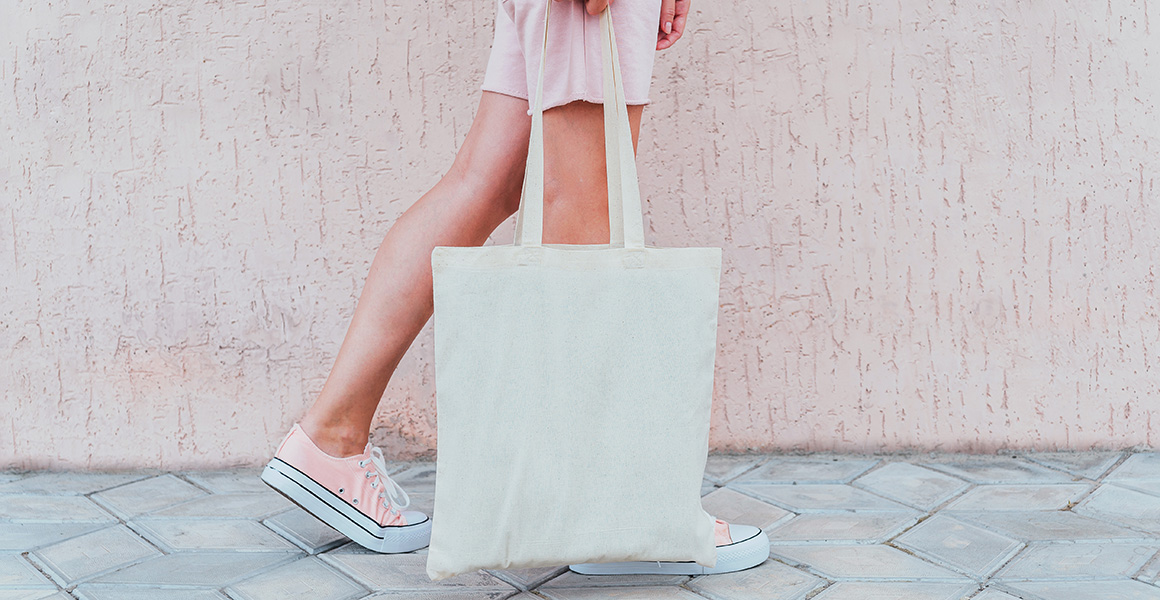
Eco-fashion can seem expensive and overwhelming, but it doesn't have to be. Here are nine ways to forget fast fashion and shop sustainable instead. Image © Ira Shpiller/ Shutterstock.com
What is sustainable fashion?
Sustainable fashion is a movement designed to minimise the harm that clothing production causes - not just to the environment but to the garment workers too.
Sustainable fashion avoids depleting natural resources, such as water or cotton, and works towards paying those who create the garments a fair wage in safe conditions.
1. Get thrifty
Charity shops are an easy way to find second-hand clothes on the high street at a low price while helping a good cause too. If you don't have the time to trawl charity shops for the best bargains, then online resellers like Depop or Vinted are great ways to search for exactly what you need. Buying fast fashion labels second-hand can extend the life of that piece of clothing for a little longer.
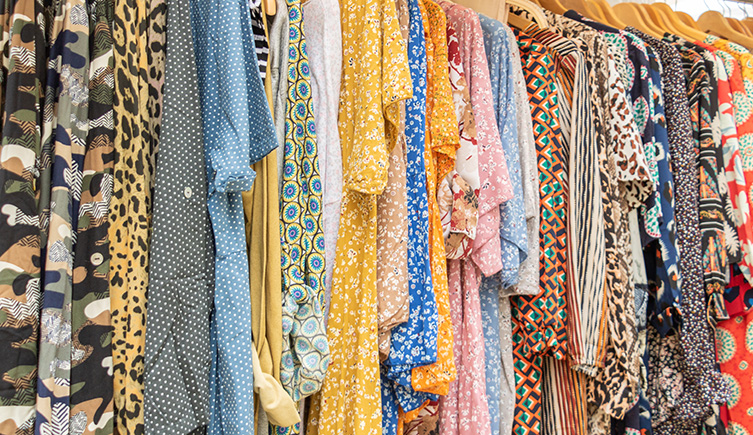
Image © Noble Nature/ Shutterstock.com
2. Buy less but make it your own
Shopping less frequently and only buying what you need has an important role in sustainable buying. Craft sites like Etsy and Folksy offer ways to customise your clothes so that you can breathe new life into last year's look. Think sequins, patches, and embroidery.
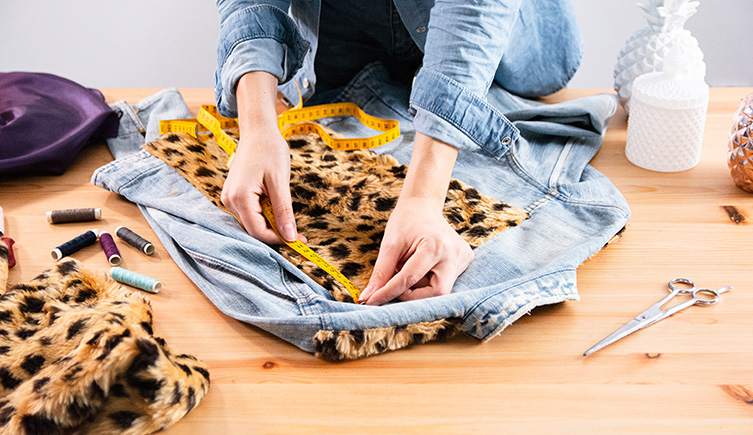
Image © Uplight pictures/ Shutterstock.com
3. Rent it and return it
Champagne lifestyle on a budget? Renting is a great way to embrace the party dress you'll likely only wear once. Instead of buying flashy new garms for every birthday bash or New Year's celebration, simply rent the designer or high-end outfit of your dreams and then return it when the party's over.
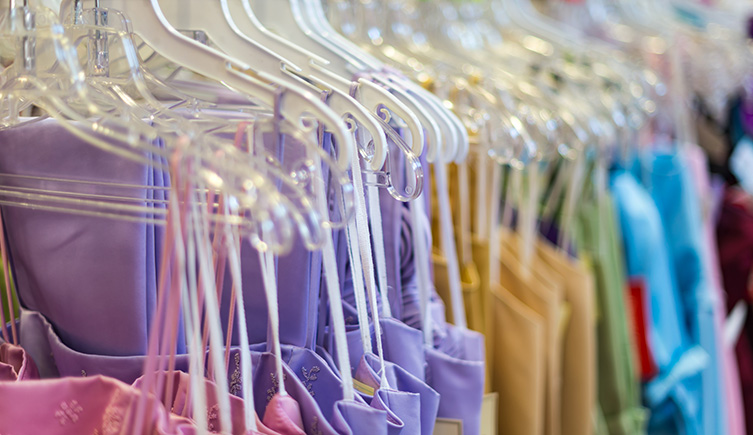
Image © hbpictures/ Shutterstock.com
4. Be pretty in Piñatex (or hemp… or bamboo…)
Not all fabrics are environmentally equal. Animal leather production requires significant land use and causes large CO2 emissions, while PU alternatives contribute to the world's unnecessary plastic use – so what is the alternative? Piñatex (pineapple leather) offers a natural alternative without contributing to animal agriculture. There are also leathers made from cork, cereal crops and even cacti!
Making cotton uses 250 billion tons of water annually, and the process has virtually dried out the world's fourth largest lake - the Aral Sea. Growing cotton uses 4% of the world's pesticides and 10% of insecticides. Alternatives like bamboo, linen and hemp have a much smaller environmental impact and are far more sustainable over the long term.
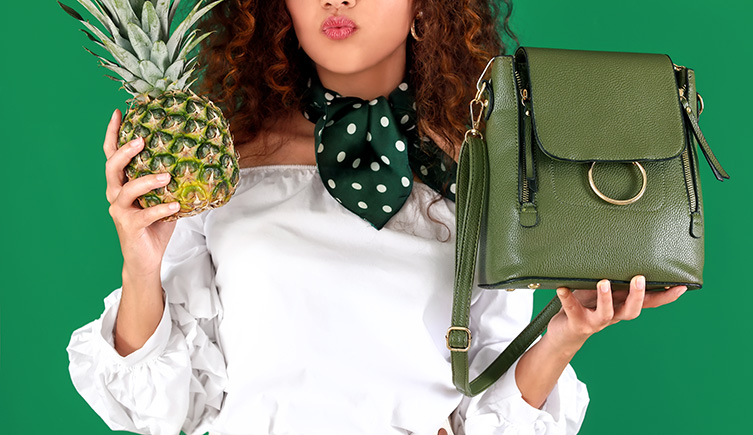
Image © Pixel-Shot/ Shutterstock.com
What to look for in your next purchase: a checklist
- Eco-friendly fibres and dyes in the fabric
- A fair wage paid to garment makers
- No animals were harmed in the process
- Good enough quality to last years
- Packaging and shipping that has minimal environmental impact
- Transparency from the brand about how their clothes are made
But remember, sustainable fashion is about progress not perfection. Small changes in how you shop can make a big difference too.
5. Support a small business
If there's something you do need to buy new, try to avoid the big names in fast fashion and look to smaller businesses first. These items are often handmade, and smaller product runs mean you'll likely end up with something few other people have. Etsy, Big Cartel and Instagram are especially good for finding small clothing companies.

Image © Monkey Business Images/ Shutterstock.com
6. Where to look for eco-friendly fashion
When starting off an environmentally conscious wardrobe, it is often easiest to begin with the basics. T-shirts, underwear, and vests are purse-friendly ways to make a positive change.
Below are some great businesses to try which cover a range of styles and budgets:
Affordable
- Honest Basics: Eco-conscious wardrobe staples
- Yes Friends: Creators of the £7.99 sustainable t-shirt
- Plant Faced Clothing: Streetwear with a vegan twist
- Lucy and Yak: Instagram-adored makers of dungarees. Inclusive sizing.
Mid-range
- Asket: Permanent collection of classic clothing for men and women that has been made to last a lifetime.
- Everlane: Ethical clothing with transparent price breakdowns.
- Nu-In: This season's fashion, transparently made from recycled, organic materials where possible.
- Thought: Sustainable style in fabrics like bamboo and organic cotton.
But don't forget: the most sustainable wardrobe is the one you already have! There's no need to throw away things because they're from a less sustainable brand. Not only can you donate old clothes to charity shops or resell online, if clothes are no longer wearable you can also donate as rags in a separately marked bag.
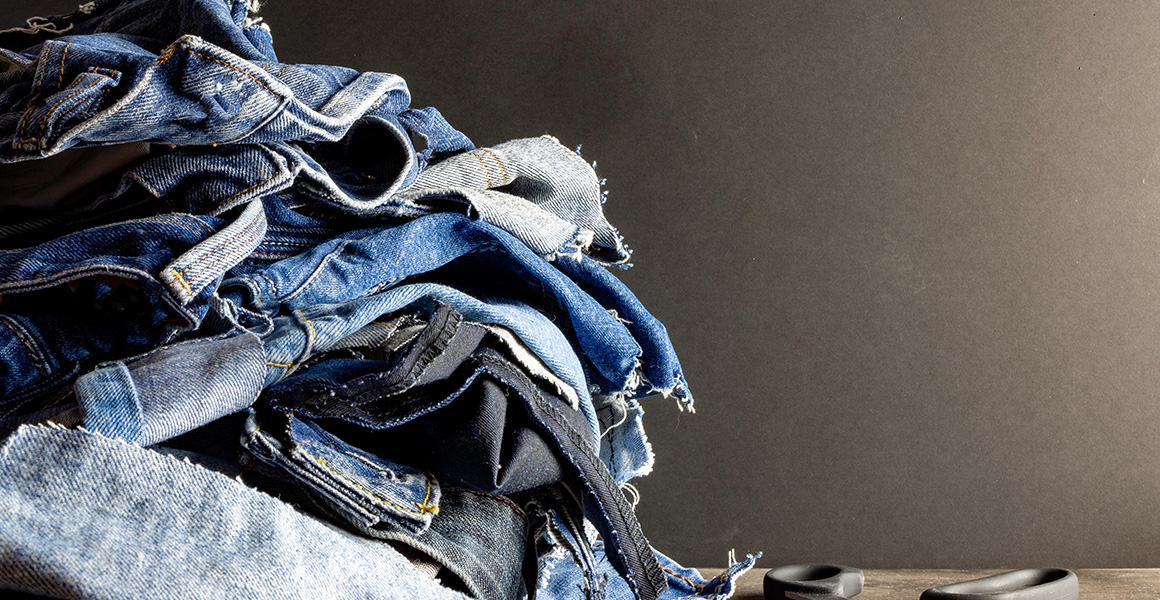
We need to fundamentally re-think the way we treat our clothes. Re-watch our Our Broken Planet Lates Online event, where we were joined by international voices from the fashion industry, and learn how to workshop and breathe new life into your old clothes.
7. Sew some love
Not everyone is nifty with a needle, but small repairs such as sewing up holes or putting buttons back on can ensure your clothes have years more wear left in before it's time to recycle. Like everything else you could ever want to learn, there are lots of YouTube tutorials to help you get your head around the basics.
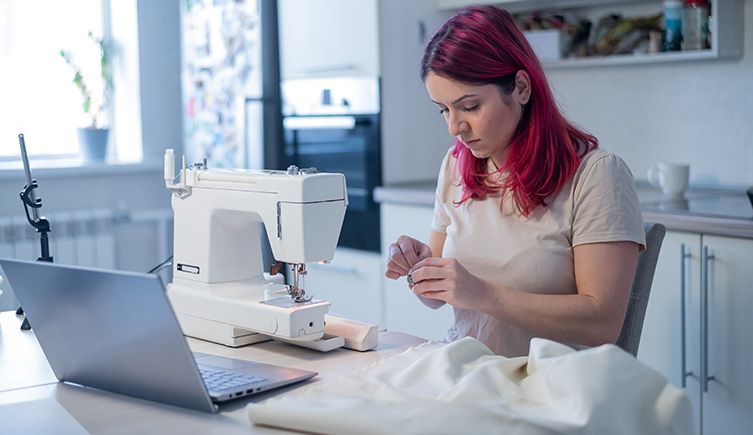
Image © Reshetnikov_art/ Shutterstock.com
8. Swap it like its hot
Clothing swaps are a great way to get new clothes while clearing your closet of the ones you no longer wear. You can get a group of mates over and trade between you, or you can ask your school, uni or work to hold an event.
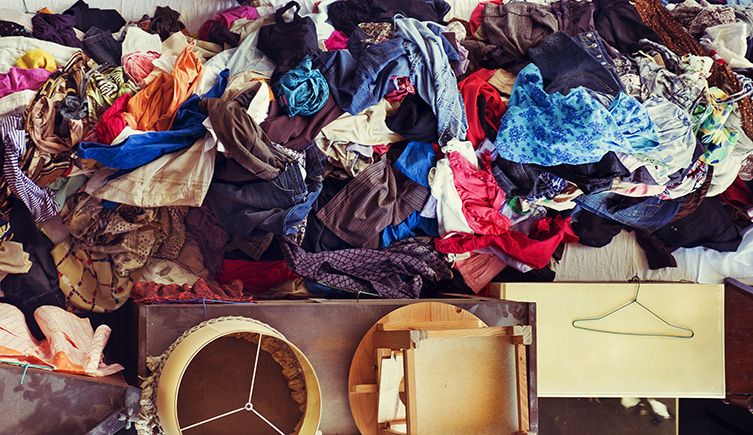
Image © nito/ Shutterstock.com
9. Call time on cotton toiletries
Make-up wipes and cotton wool pads are an easy area to make an ethical change. Reusable face cloths or pads which can be washed are a great alternative to disposables. If you menstruate, re-usable cups or washable period pants or pads can help reduce the amount of cotton that ends up in landfills.
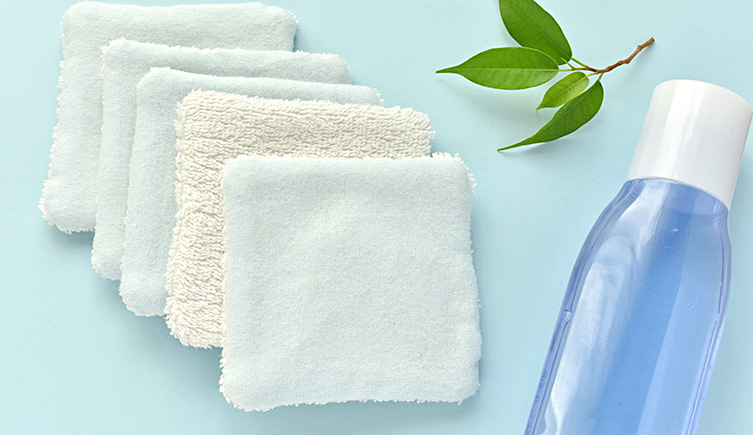
Image © Indre Pal/ Shutterstock.com

Do your bit for nature
Biodiversity is connected to almost every aspect of our lives, but it needs our help. Small actions can make a big difference.


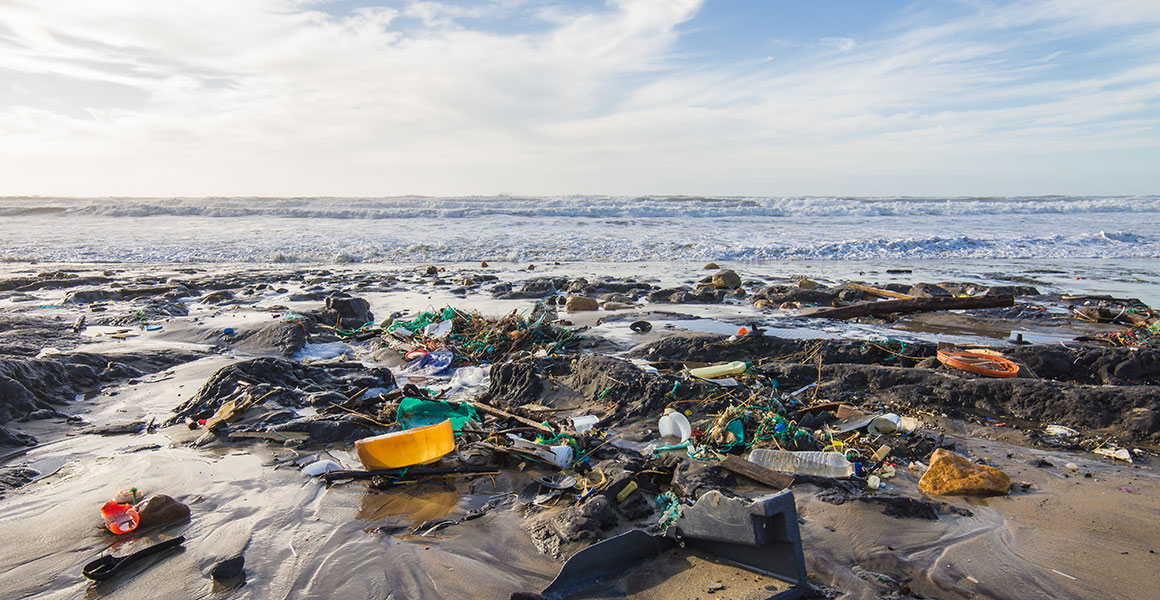

Don't miss a thing
Receive email updates about our news, science, exhibitions, events, products, services and fundraising activities. We may occasionally include third-party content from our corporate partners and other museums. We will not share your personal details with these third parties. You must be over the age of 13. Privacy notice.
Follow us on social media